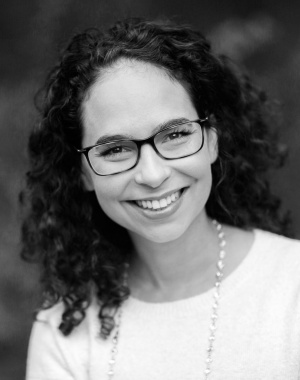
What role can those who study management play to address systems of inequality? How should the professional community consider the ways in which organizations are designed or evolve to advantage some groups over others?
University of Michigan Ford School professor Morela Hernandez and her colleagues John Amis (University of Edinburgh Business School), Shelly Brickson (University of Illinois at Chicago), and Patrick Haack (University of Lausanne) address these questions in an August editorial for the Academy of Management Review.
Noting the uptick in scholarly focus and concern to understand and address inequality, the authors call on their professional community for a “collective commitment” to the issue—”to take inequality seriously because organizations are centrally implicated in the reification of societal inequalities.”
The authors explore two ways to do this.
First, by retooling existing theory to accord inequality a primary consideration and explain how the roles that organizations play—as political actors, identity-based social actors, and as value creators and distributors—can also account for and reduce inequality.
The second approach is through the development of new theories that explicitly include inequality. The authors outline three basic questions that spotlight important research domains:
- How do we understand the problem of inequality? Theory must evolve to fully capture the complexities of our identities.
- How do we talk about the problem of inequality? New theory is required to understand the links between language used in organizations and inequality.
- How do we empirically investigate inequality? Consider who develops theory and awareness of the inherent biases that inhibit research and the development of new theoretical understanding about inequality.
“Current levels of inequality can be considered unjust and undesirable,” write Hernandez and her colleagues. “As our theorizing develops to match this expectation, so can we profoundly affect the organizations that so deeply shape our lives and well-being.”
You can read the full article in the Academy of Management Review, here.
